The island of New Guinea is home to one of the largest, most intact and biodiverse forest systems on the planet. The island itself is divided between the nation of Papua New Guinea, which makes up the eastern half of the island, and the Western half, which is the disputed territory of West Papua that is incorporated into Indonesia but is claimed by native groups.
What is clear is that the unique forests of New Guinea are under increasing threat from rapid development from roads like the Trans-Papua Highway, commercial logging and permanent conversion of agricultural commodities like pulpwood and palm oil.
French landscape ecologist David Gaveau was formerly the coordinator of the Landscapes Laboratory at the Center for International Forestry Research in Bogor, Indonesia. He specialises in the use of remote sensing (satellites, aerial photography and drones) to study the impacts of humans on Earth’s land surface.
However, in carrying out his task of documenting the impact of forest fires in Indonesia, he ran afoul of the authorities and was asked to leave the country. This is despite him having lived there for nearly 20 years and being married to an Indonesian.
Still, Gaveau was able to work with researchers from the Ornithology Lab at Cornell University to put together a stunning conservation video showing just how much damage has been done to the forests of West Papua, and how more will continue to be done if there aren’t significant policy changes.
The video is based on research and data from the Nusantara Atlas, which is a project headed by Gaveau. It highlights the rate and impact of deforestation over the last 20 years and predicts future risks to remaining forests, with particular emphasis on the impact of highways on the ecosystem.
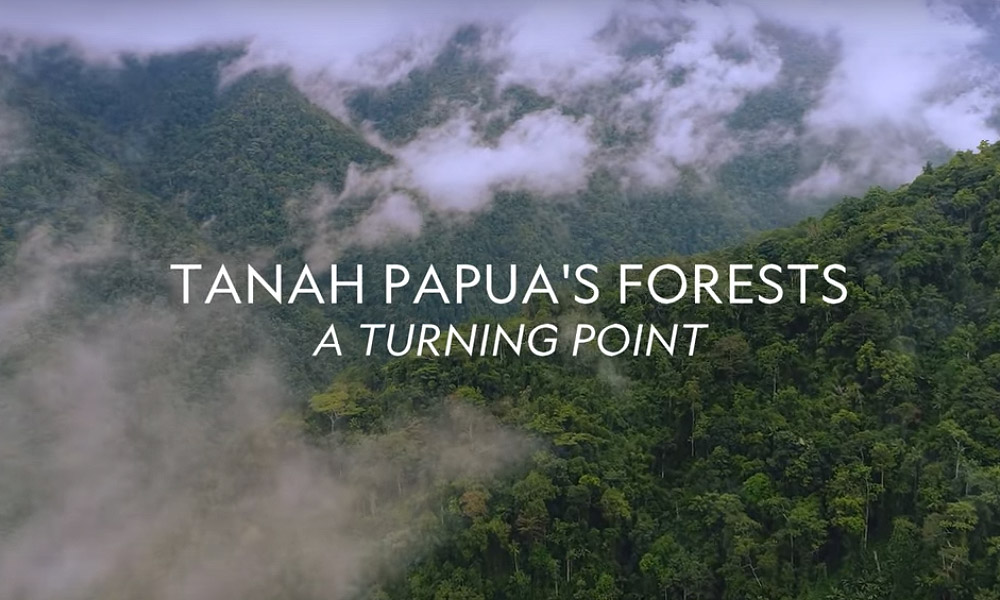
Horrifyingly, it predicts a six-fold increase in forest loss over the next 15 years.
It is argued that while roads can provide access to sustainable development, they have to be planned in coordination with sustainability goals to increase the well-being of the forests and people of West Papua.
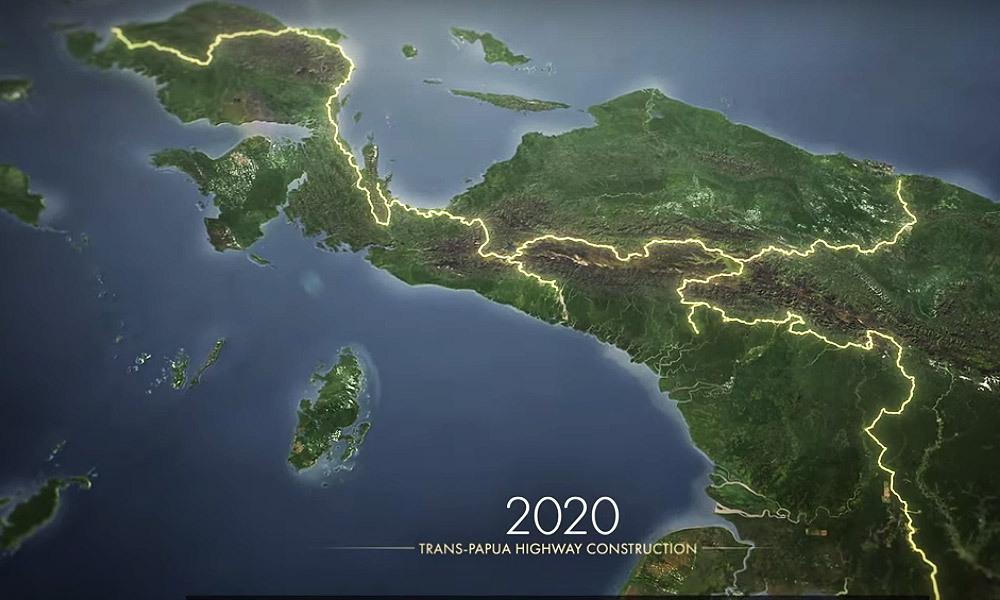
Indeed, the Provincial Government of West Papua in 2018’s Manokwari Declaration designated the province to be a Conservation Province and committed to protecting 70 percent of its forests, setting a blueprint for conservation and sustainable development across the region. But it remains to be seen whether this will be a sincere effort to turn the tide, or just lip service.
Using remote sensors
Gaveau specialises in the use of remote sensing (satellites, aerial photography and drones) to study the impacts of humans on Earth’s land surface. His work is focused on long-term mapping of tropical deforestation, forest degradation and regeneration, links with agricultural development, forest fires, and consequences such as reduced rainfall and increased carbon emissions, air quality degradation, increased virus outbreaks, and loss of wildlife.
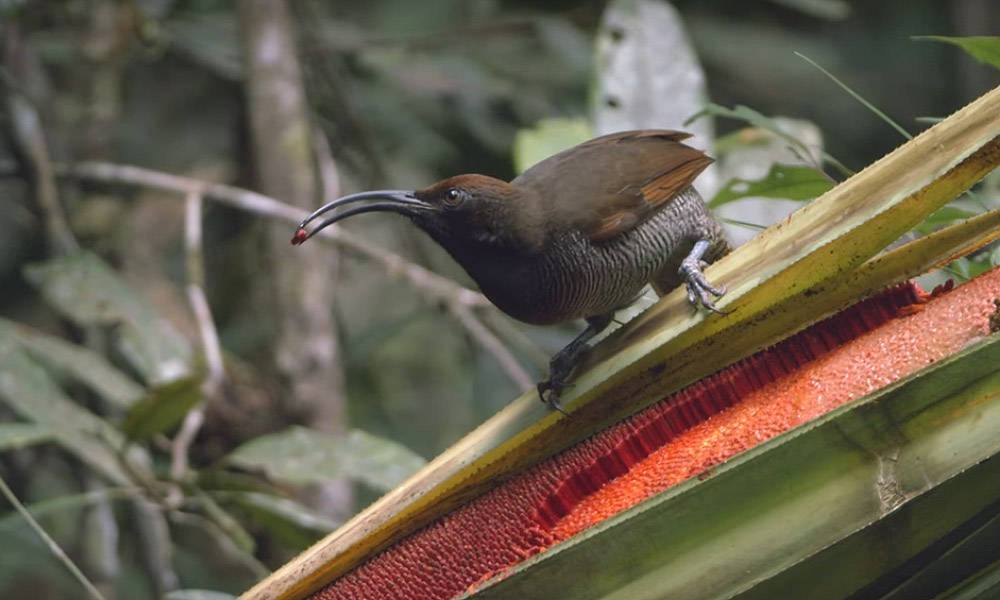
“We started building the atlas for West Papua in 2018. I just provided the data and scientific guidance to create the video. I did not build it myself.
“The Ornithology Lab at Cornell University funded the video and scientists from the same lab narrated it,” Gaveau told Malaysiakini in an interview.
The video highlights that while 83 percent of West Papua’s forests have been preserved up to 2019, a possible 4.5 million hectares (Mha) – around 13 percent of the total 34.29 Mha of forest – could disappear by 2036 if Tanah Papua follows the same trajectory as Kalimantan.
Gaveau himself was usually based in Java but spent some time on the ground in West Papua, which Indonesia restricts access to.
“I spent a whole month there in 2018 with Greenpeace. We visited many remote areas in the southern area of Merauke and Boven Digul provinces.
I was also in the regional capital of Manokwari in September 2018 for the signing of the Manokwari declaration,” he said.
Deported from Indonesia
Gaveau’s work hit a snag when he published some unflattering estimates of forest fire damage and he was asked to leave.
“I used to live in Indonesia. I spent 18 years there, from 2002 to 2020. But in Jan 2020, the Indonesian government deported me for publishing a preliminary estimate of the damage from Indonesia’s 2019 fires for seven provinces that exceeded the government’s numbers.
“The preliminary analysis was entirely based on freely available satellite data, did not require on-the-ground investigations, and I held a valid work permit.
“However, the government claimed I did not have the right permit to carry out this study. The claim was based on a 2019 science law that tightly restricts research collaborations,” he said.
This meant that he missed the birth of his third child.
“We were separated for a whole year. My wife, who is Acehnese, from the island of Pulau Weh, gave birth to our third child in Denpasar, Bali. This was without me around her, but we are now all together in France,” said Gaveau.
‘Fascinating world must be preserved’
Originally from France, Gavaeu’s studies also took him to the UK and Stanford University in the US. He has extensive knowledge of the environmental policies and practices of several Southeast Asian countries, and in particular on forest-related land-use plans, protected area management, logging concession, oil palm and timber plantations establishment. But what got him interested in the issue in the first place?
“I don't really know, I have always been fascinated by Southeast Asian forests. I mean, since I was a little kid I have been reading books about the jungles in the far east.
“In 2002, I was 28, packed my bag and travelled to Sumatra to visit the jungles of Aceh. I had this voice within telling me to stay and work to protect these forests. I knocked on NGO doors, worked as a volunteer for a year, and I ended up staying all these years.
He says that West Papua is an obvious choice because it is home to Asia's last pacific forests.
“It is also home to rich indigenous cultures who have a spiritual connection with their forests, and this way of life has become rare these days. West Papua is a fascinating place. It should be preserved.
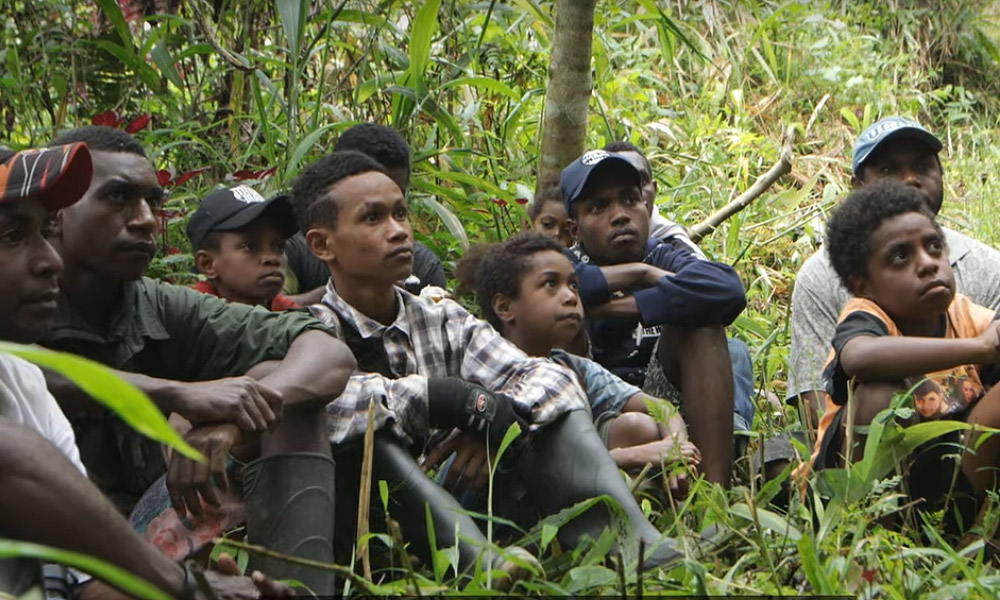
Aside from the impact of the Trans Papua highway and palm oil plantations, West Papua is home to colossal mines and other exploitative industries.
“Notably, for over three decades, the Grasberg Mine, the world's largest goldmine and second-largest copper mine has been releasing approximately 230,000 tons/day of tailings into rivers that flow into the Aikwa Delta in Mimika Regency.
“We also show that the total forest loss from this process is about 22,000 ha, large enough to be seen from space, and the ecological and human impacts are considerable.
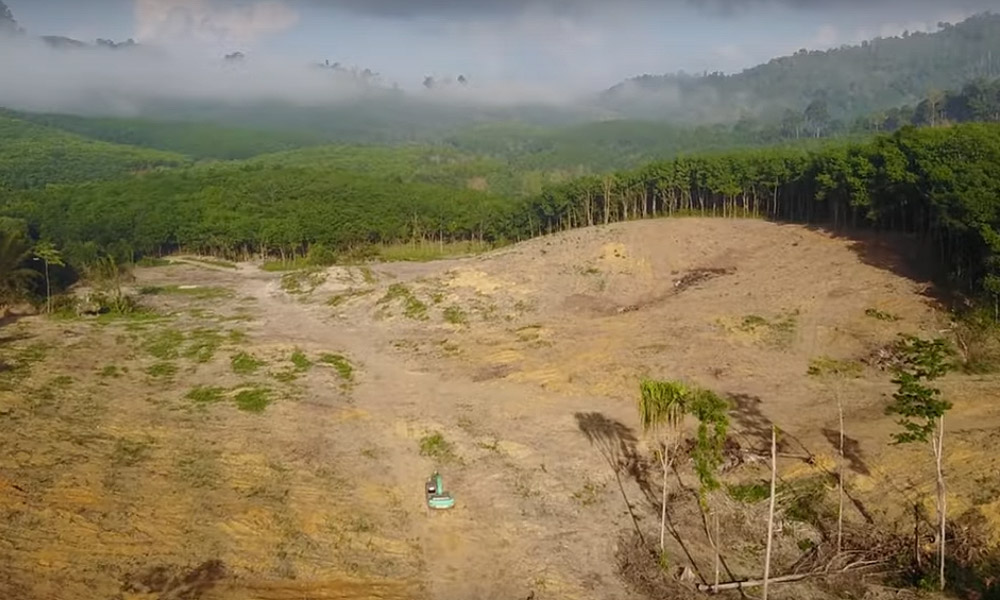
A history of colonial oppression
West Papuans are indigenous to their massive island which is rich in national resources. The eastern half of the island is the independent state of Papua New Guinea, but the western half was co-opted into Indonesia in the 1960s as both were formerly occupied and governed by the Dutch.
Indonesia claims it is part of the country, but some native Papuans claim that independence activists are arrested and murdered and their homeland exploited for its vast national resources.
It was formally incorporated into Indonesia after a widely criticised 1969 referendum which was conducted in an atmosphere of intimidation, with just over 1,000 tribal chiefs selected and instructed to vote for West Papua to join Indonesia.
Since then, thousands of civilians -mainly indigenous tribal people - have lost their lives.
Unlike Timor Leste (East Timor), a nearby territory that Indonesia invaded in 1975 and relinquished in 1999, the freedom movement in West Papua has failed to garner many headlines despite many flare-ups.
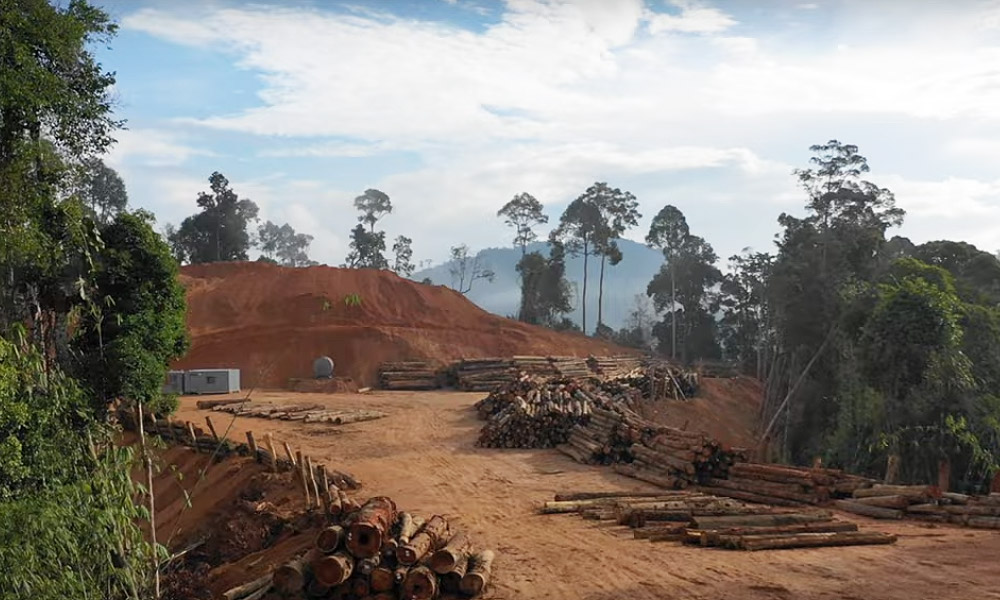
Gavaeu’s interest is in the preservation of the environment as well as the indigenous communities.
“I would call on the Indonesian government to recognise that indigenous communities have clear rights to their lands and resources that do not depend on anyone else's permission. Ensuring such rights appears consistent with Indonesia's constitution.
“An independent initiative in Indonesia has mapped Indigenous lands in West Papua and elsewhere in Indonesia). A bill on Indigenous rights submitted to parliament in 2012 was meant to provide recognition of the customary laws and land rights of Indigenous communities across Indonesia. But it remains stalled despite being on the list of priority legislation for a decade now,” he pointed out.
What is clear is that current policies need re-examining to preserve one of the planet’s last great untamed slices of paradise. - Mkini



No comments:
Post a Comment
Note: Only a member of this blog may post a comment.